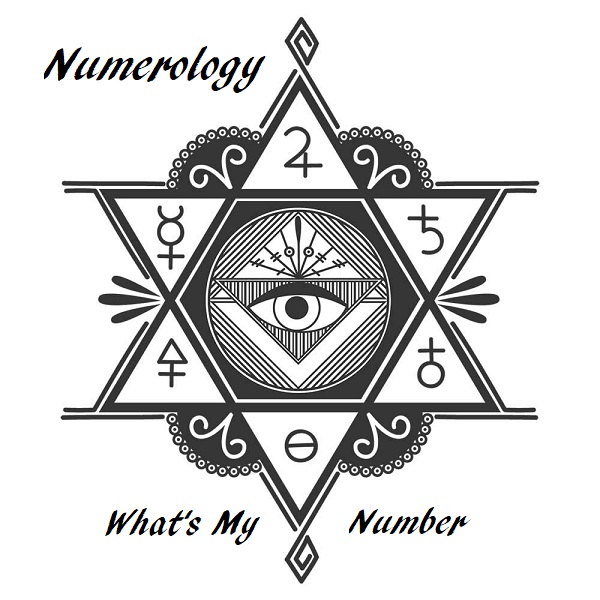The Different Types of Numerology

Different types of Numerology interpret the significance of numbers and their influence on human life. There are several types of numerology, each with its own unique methodology and cultural background.
-
-
- The most common system, Pythagorean Numerology, also known as Western Numerology, is attributed to the Greek philosopher Pythagoras. He believed that numerical relationships were highly significant and that all things could be expressed numerically, thus providing a divine understanding of the world.
- Chaldean Numerology, one of the oldest numerology systems, originates from ancient Babylon and assigns vibrational frequencies to numbers.
- Kabbalah Numerology, based on the Hebrew Kabbalah texts, focuses on the spiritual significance of numbers derived from one’s name.
- Another system, Abracadabra and New Kabbalah, also Tamil Numerology, is intertwined with Tamil culture and philosophy from Tamil Nadu, India.
-
Each system offers a different perspective on how numbers relate to human personality traits, life events, and even one’s destiny. The diversity of these systems highlights the universal allure of numerology across different cultures and philosophies, reflecting a collective human endeavour to find meaning and guidance through the power of numbers. Numerology’s appeal lies in its ability to provide personal insights and predictions by analyzing various numerical values associated with a person, such as their birth date and name.
By understanding the vibrational qualities of numbers, numerology can offer a unique lens through which to view one’s life path and potential. Whether one is seeking self-understanding, forecasting future trends, or looking for spiritual growth, numerology presents a fascinating and introspective approach to exploring the deeper aspects of existence and the universe at large.
Types of Numerology
Pythagorean or Western Numerology
Pythagorean numerology is by far the most commonly used system of numerology in the West. Part of its popularity arises from the fact that it is easy to learn how to translate numbers and master their meanings. It was created by the Greek philosopher Pythagoras, who was born around 590 BC.
Pythagorean numerology analyzes both full name and date of birth and the interaction between the two. The basic vibrations are 1 through 9, although the 11 (K) and 22 (V) are analysed as a master number before being reduced to a single digit.
Chaldean Numerology
Chaldean numerology, sometimes known as “Mystic Numerology”, is probably the oldest system of numerology known. Chaldean numerology was originally developed in Ancient Babylon (now Iraq) and combines Kabbalistic name interpretation with aspects of astrology. The numbers assigned to the letters are not determined by alphabetical order, but instead by the vibration of each specific letter. The 9 is considered holy and therefore is kept apart from other vibrations. Chaldean numerology analyzes both name and date of birth. Rather than analyzing your birth name, however, Chaldean numerology analyses the name you are most commonly known by. Single digits represent the outer aspects of a person, while double digits reveal inner influences. It is considered to be more accurate than the Pythagorean system, however, it is less popular because it is more difficult to master.
Kabbalah Numerology (Hebrew Alphabet)
Kabbalah numerology originated in Hebrew mysticism, is based on the Hebrew alphabet, and interprets only the meaning of the name. Because of the different alphabet, Kabbalah numerology has only 22 vibrations. It was adapted for the Greek alphabet, and then further adapted for the Roman alphabet.
Abracadabra Numerology
Abracadabra numerology is probably the least used form of numerology. It is based on the subject’s name and uses a series of triangles to arrive at numerical values that provide information about characters and events. Its letters add up to 365, so it encompasses an entire year.
New Kabbalah Numerology
A New Kabbalah numerology has also been developed for use with the modern Roman alphabet. It, too, is based on name and relies on Pythagorean methods to determine periods. The New Kabbalah is concerned more with events than character.
